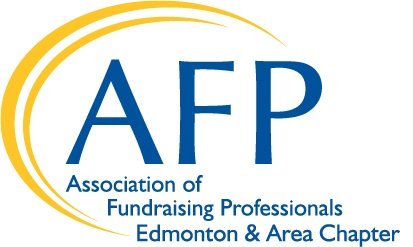National Day for Truth and Reconciliation
Each year, September 30 marks the National Day for Truth and Reconciliation.
The day honours the children who never returned home and Survivors of residential schools, as well as their families and communities. Public commemoration of the tragic and painful history and ongoing impacts of residential schools is a vital component of the reconciliation process.
Understanding why a National Day for Truth and Reconciliation:
Between 1831 and 1998, the federal government forcibly removed more than 150,000 First Nation, Inuit and Métis children from their families and sent them to residential schools often far from their homes. Many never returned. These family separations were very traumatic for parents, children and communities because they were done against their will and without their consent. At these church and government-run schools, officials robbed many Indigenous children of their culture, language, religion and traditions, and caused them tremendous physical, mental, and emotional harm.
Learn More
The National Day for Truth and Reconciliation responds to Call to Action 80 from the Truth and Reconciliation Commission of Canada: Calls to Action.
National Day for Truth and Reconciliation coincides with Orange Shirt Day, inspired by Phyllis Webstad’s story of her first experience in a residential school. All Canadians are encouraged to wear orange.
What you can do on September 30
Learning, listening, and engaging are vital components of the reconciliation process. The IDEA committee would like to offer these resources for National Day for Truth and Reconciliation:
National Centre for Truth and Reconciliation is hosting online events from September 26 - 30.
Reading: Truth and Reconciliation Commission of Canada – Calls to Action
Gord Downie & Chanie Wenjack Fund will be hosting: The Inaugural National Day for Truth and Reconciliation – Exploring what this means for reconciliation in Canada
The City of Edmonton has family-friendly video resources suitable for all ages to learn about the National Day for Truth and Reconciliation, Orange Shirt Day, and the legacy of the Residential School System
QUESTIONS? Contact idea@afpedmonton.ca
